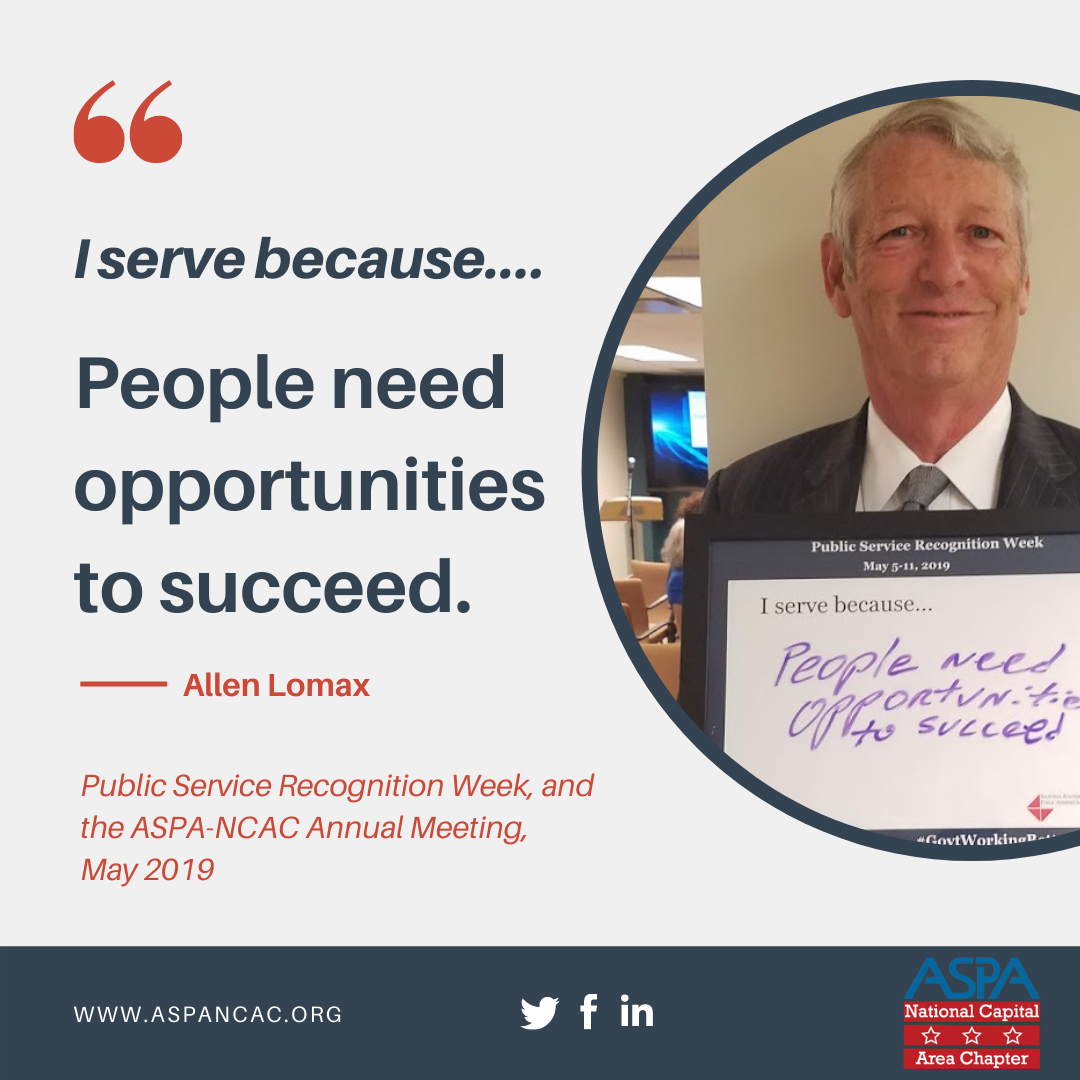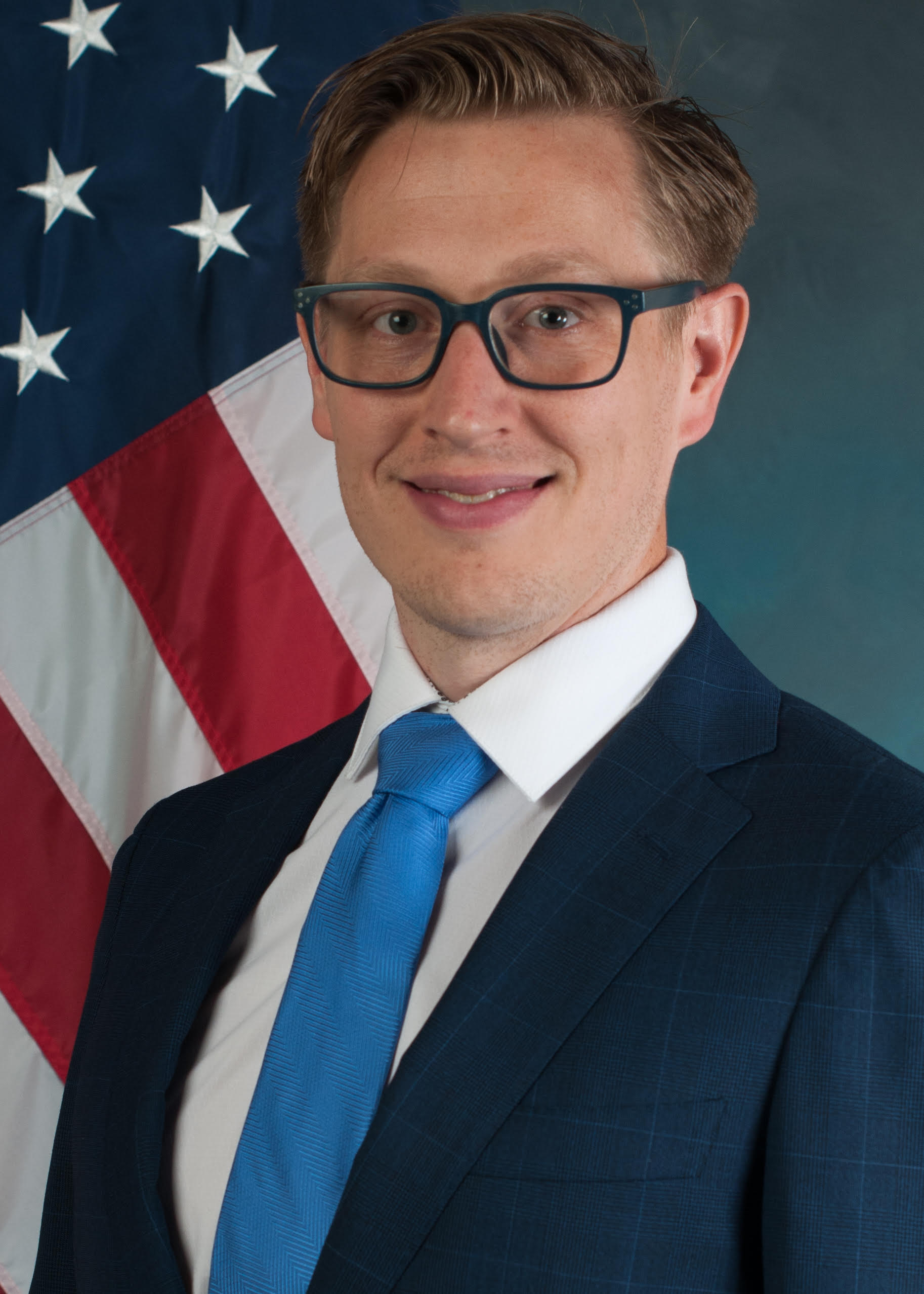
A book review and interview with the author by Natalie Donahue
The inspiration for “The Divided States of America” stemmed from Dr. Kettl’s dissertation. He decided to take a fresh look at the field to understand what the underlying issues were and where federalism may be headed for the future. That may sound strange as many people think of federalism (if they think of it at all) as a static concept; an idea grounded in the founding of our current government dating back to when the states signed the Constitution after powers not delegated to the federal government were reserved to the states through the 10th amendment. But, in fact, there have been four “generations”, as Kettl calls them, of federalism in the United States in which states and the federal government have fought for primacy.
The first generation lasted nearly 100 years from the ratification of the Constitution until the end of the Civil War, where the states were the primary power in the country. With the passage of the 14th amendment asserting the fundamental equality of Americans with the states being forbidden to “make or enforce any law which shall abridge the privileges or immunities” of any citizen, the idea of federal primacy was clear – leading us into the second generation of federalism which shifted the balance of intergovernmental power away from the states and toward the federal government. However, the primacy of the federal government was short-lived as the states pushed back and argued that the way the Constitution should be interpreted should be through the decisions they make – with states fighting to sustain a “separate but equal” doctrine. States’ rights ruled social policy in America with the passage of Brown v. Board of Education in 1954 which ended the separate but equal doctrine and with it, state dominance in social policy, creating the third generation of federalism. Federal dominance was once again short-lived as the fourth wave of federalism began in the late 1960s as states renewed their pre-eminence through the administration of national programs (such as Medicaid).
In this fourth generation of federalism, the United States has seen increased inequality both among and between the states. Depending on perspective, this inequality creates unfairness, undermines democracy, and generates distrust. The roots of this inequality grow in the political diversity of this country. The battle between both the size of government and the scope of government programs has been at the forefront of politics for decades but is especially acute now. As Kettl said in our discussion: “The Affordable Care Act (ACA) is a great example in that conservatives were against it, liberals were for it, and we saw the two political parties playing tug-of-war in the creation of the program, but the administration surrounding the implementation decisions of ACA was left to the states. In effect, the ACA, like Medicaid, became not one national program, but 51 different programs” (50 states plus the District of Columbia). This notion brings us back to the premise of “The Divided States of America” being that federalism guarantees that the government Americans get depends on where it is that they live. State by state, we see there is tremendous variability and enormous amounts of inequality across the country. This leads to increased polarization, which leads to increased inequality, with the problem spiraling.
The issue of inequality was particularly acute across the United States in 2020. I asked Dr. Kettl about the role of federalism as it pertains to the social justice movement rallying behind the cause of racial injustice, particularly around the deaths of George Floyd, Breonna Taylor, and many others at the hands of police. Dr. Kettl talked about the passage of the Civil Rights Act and the idea that national principles were truly national in scope – but what we have seen over the past year in particular is that the efforts of the federal government to shape national policy turned out to be resting more in the hands of the states; with great variance between them. “The idea of having a single national policy dissolved in the face of different kinds of strategies and different states. Putting all this together, we discovered that the sense of unity that had grown out of federalism seem to have been either short-lived or never really existed to begin with – as the whole movement for civil rights was largely a product driven by the federal government. [So what we see now] is that not only has the consensus seem to have dissolved, but the consensus about how to frame a consensus has dissolved.”
Dr. Kettl and I also spoke about the COVID pandemic and the big role federalism has played in the country’s response to it. A modern principle of federalism is that states are to act as “laboratories of democracy”, meaning states would experiment and be innovative in their policy implementation decisions; where one state found success, other states would adopt those lessons and follow them within their own borders. However, states are now basing their decisions “much more on an ideological basis than on issues of either principle or evidence. [Overall, there is an] unwillingness to even count what it is that is working best, let alone to be able to follow what it is other states are doing”, said Kettl. “When COVID hit U.S. shores last year, we saw early on a political polarization of wearing masks and even whether or not COVID was real; all of which affected the way in which states responded, with the states going down very different kinds of roads”. The United States saw states bidding against each other for personal protective equipment, states encouraging mask-wearing while others encouraged herd immunity as a response.
This struggle has continued during the COVID vaccine rollout – where, again, the variance between the states and their approach to vaccination has been the main determinant of the overall health of their citizens. “It is arguable that the reliance on the states taking the front lines and first devising a strategy for dealing with COVID and now for the states to have the front-line responsibility dealing with vaccinations has, in fact, proven dangerous and cost lives”. Due to state governments not having the resources, capacity, or the interest in providing a solution for all their citizens (particularly those in underserved communities) and each state going their own way in their COVID response plan, the country as a whole will be unable to be fully safe.
So how do we move into a fifth generation of federalism where Americans experience less inequality and outcomes are not determined by the state in which we live? “There is a real urgency for the country to have a national conversation about the balance of power, as we’ve introduced a lot more inequality into the system… which, in the long-run, is dangerous to democracy.” Dr. Kettl thinks we should look to another founding father, Alexander Hamilton, who was perhaps the strongest champion among the nation’s founders of a powerful, robust central government. What we need is “not federal government control, but a stronger federal government steering wheel to shape things like a national response to a national issue; issues that affect everyone, whether directly or indirectly, [which are] things that require a stronger national voice and stronger national consensus. This is unlikely to happen if we allow 50 different states to go 50 different directions – the cost of which would be to encourage and to fuel greater inequality, which is the one thing the country does not need at this point. There has to be not federal control but a partnership between the federal government and state and local governments.”
Dr. Kettl believes the rollout of the COVID vaccine provides the perfect opportunity for the levels of government to work effectively in a coordinated way to try to address the issue, and come together as a country to find a solution that works effectively for all citizens regardless of the neighborhood or community where they live. Now is the time to move to that fifth generation of federalism and find the right balance between federal and state power in order for the country to truly become the United States of America.
You can buy a copy of Dr. Kettl’s “The Divided States of America: Why Federalism Doesn’t Work” at your favorite local bookstore.
Natalie Donahue and is the Chief of Evaluation in the Bureau of Educational and Cultural Affairs at the U.S. Department of State, and also moonlights as an adjunct at various Universities teaching monitoring and evaluation and public policy courses. In doing some course prep for a public policy class, she stumbled upon arguably one of the best books to be published last year: Dr. Donald Kettl’s The Divided States of America.







